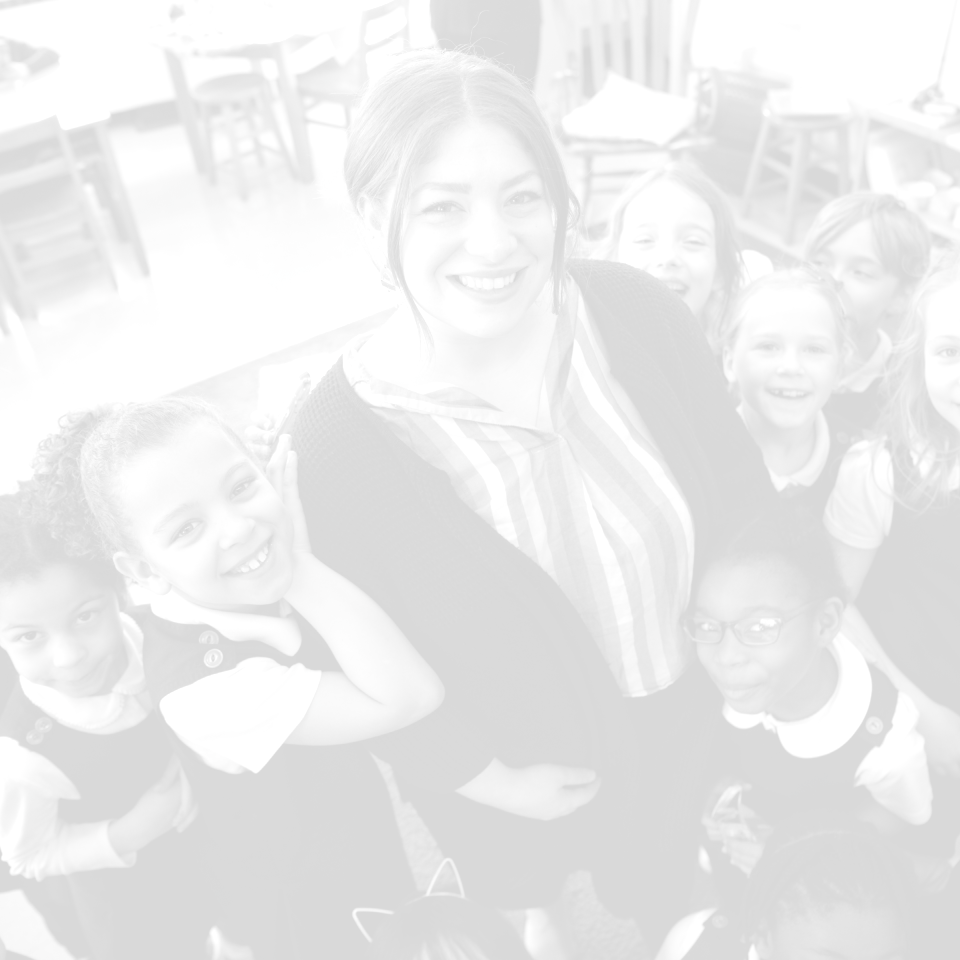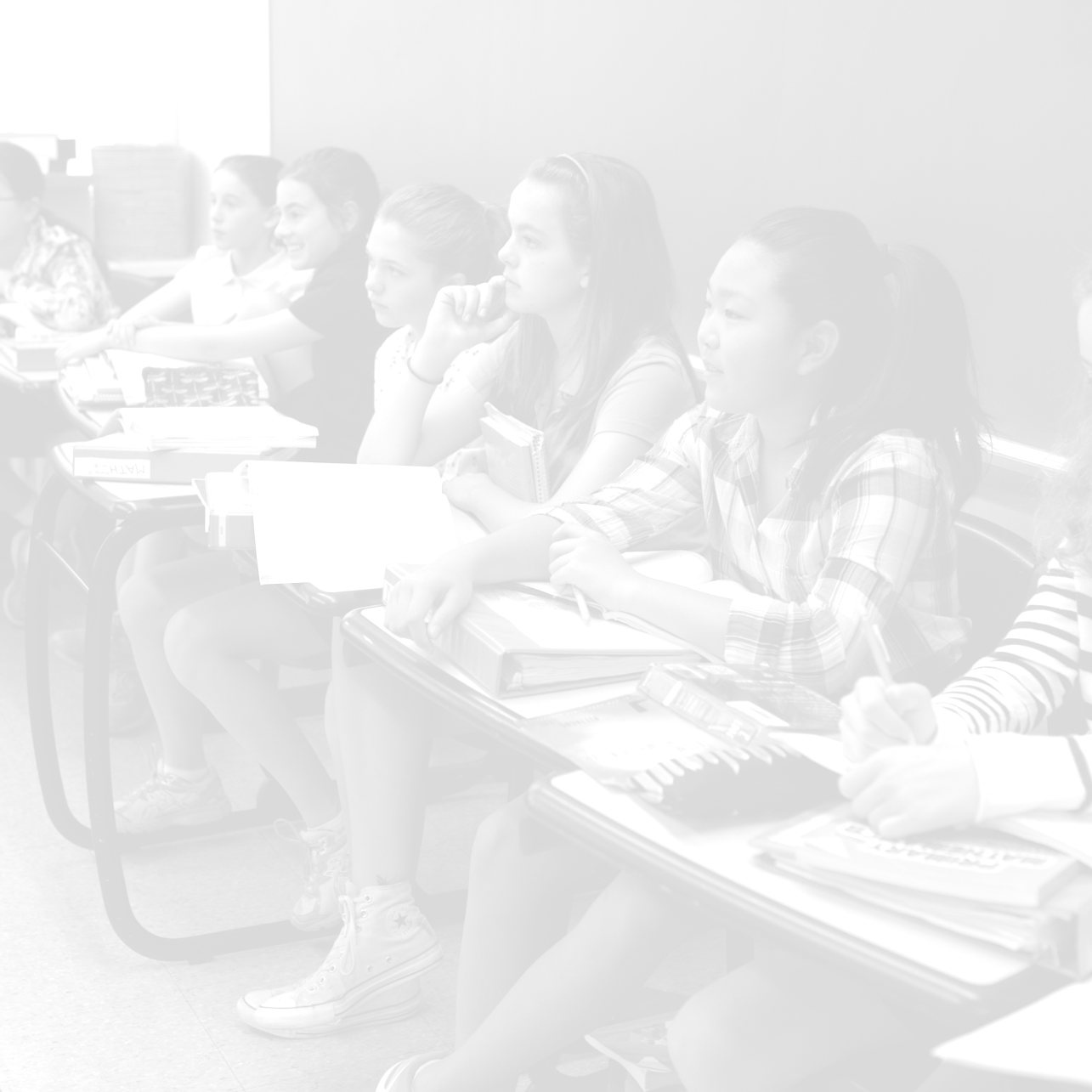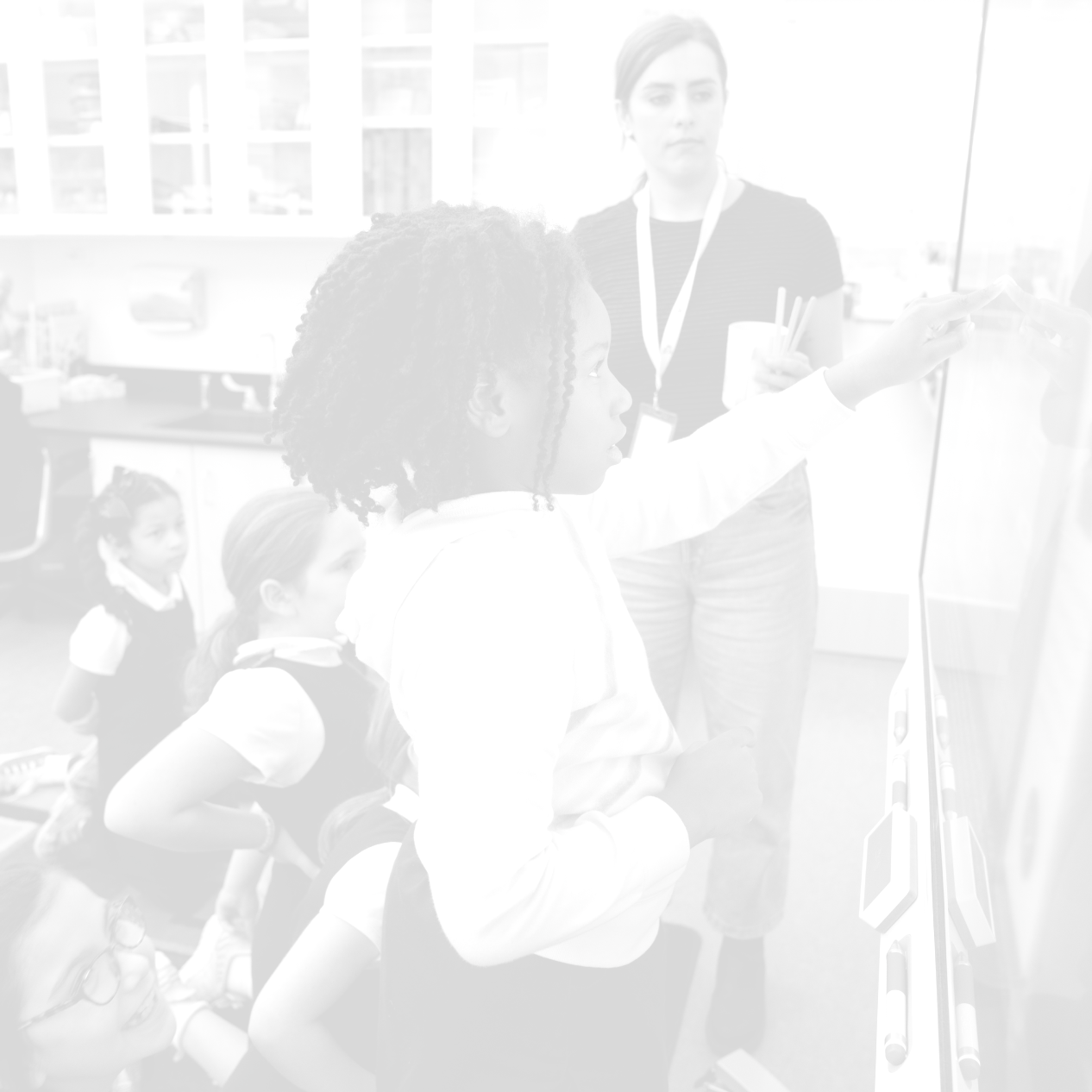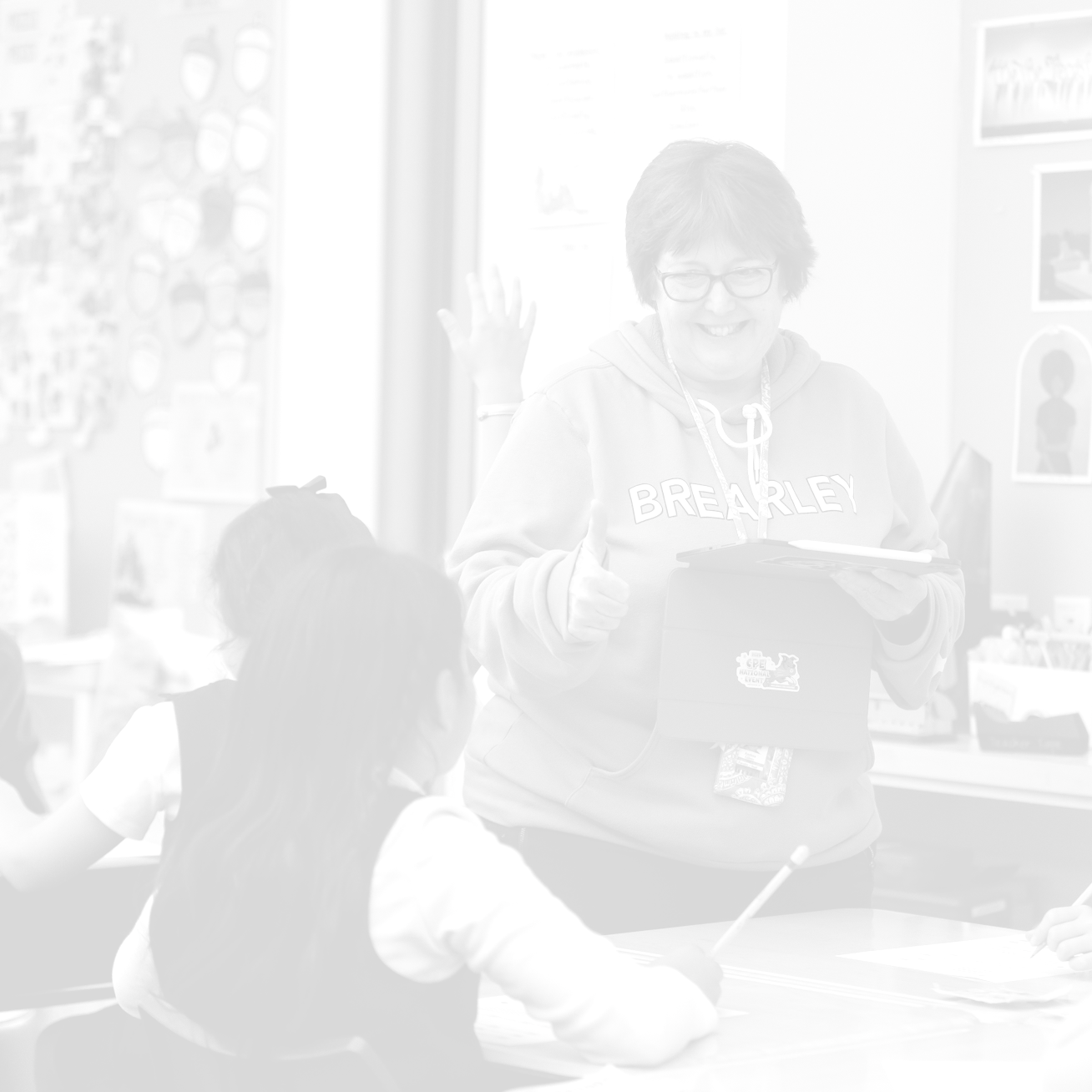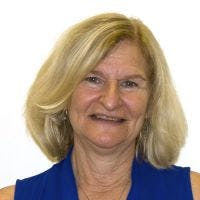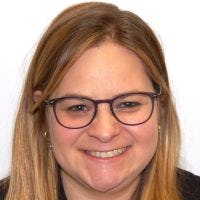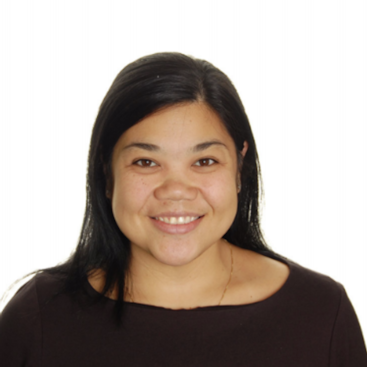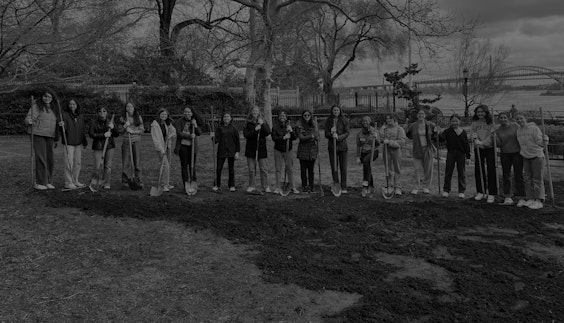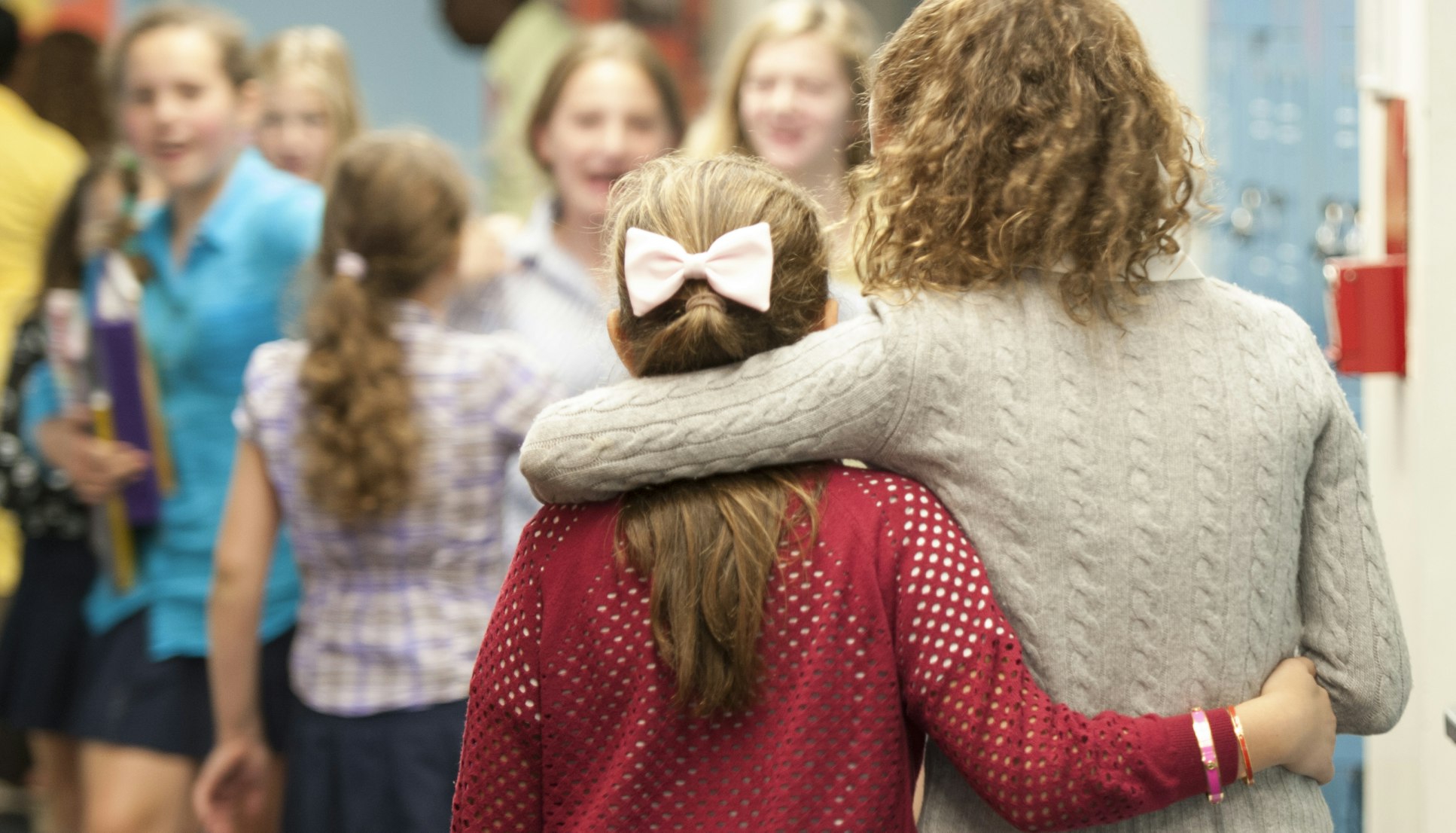
Counseling & Health Services
The Counseling and Wellness Department, in collaboration with the Health Office, supports the healthy development of all Brearley students. This involves close cooperation with the administration, faculty, staff, and families to promote student well-being. The Counseling Services Department comprises a director and Upper School psychologist, a Lower School psychologist, a Middle School psychologist, and a cross-divisional counselor. The Health Services Department comprises three school nurses and the head athletic trainer. Through partnership with the Director of Equity and Community Engagement and the Parents' Association leadership, the department takes an inclusive and culturally informed approach to nurturing and sustaining a healthy, safe, and equitable school community.
A Dynamic Approach
The Counseling and Wellness Department works closely with administrators, faculty and staff and families to promote student development, wellness and engagement. This entails a range of direct services for students as well as consultation in the community to provide student support strategies.
The department works directly with students across divisions through classroom discussions and lessons related to social-emotional themes. Students can also be provided with short-term mental health counseling to address individual issues when appropriate. As a resource for families, the department can discuss parent or guardian concerns and provide referrals to external resources for additional support. When school-related issues or crises arise, the department provides coordination and student support.
The department consults on social-emotional themes in the curriculum, recommends interventions to support student growth and spearheads and participates in interdepartmental initiatives. Workshops and training for faculty, staff and parents are also provided by members of the department.
As a Brearley student cultivates skills in reasoning and self-expression, deeper insight into the meaning of wellness is developed. This aspect of education starts with the Lower School course Respect and Responsibility, continues through the Middle School advisory program, and culminates in the advisory, health and seminar programs of the Upper School. The unifying social-emotional learning themes of citizenship, self-care and purpose are fostered across the divisions.
Overall, Brearley students are encouraged to have a healthy mind in a healthy body. The School recognizes that providing a comprehensive sexual health education is essential for our students to ensure their well-being, sound development and full understanding of their bodies and how to keep them healthy and safe. Therefore, the School has adopted the framework of Our Whole Lives (OWL), the K-XII sexuality health education curriculum, for all three divisions.
In the Lower School (K–IV), students in OWL classes receive developmentally appropriate information about babies and the birth process, families, personal health and safety, and puberty. Additionally, in Respect and Responsibility classes students have lessons in self-awareness (identifying and speaking about feelings, recognizing strengths, improving self-confidence); self-management (setting goals, sharpening organizational skills); social awareness (gaining perspective, increasing empathy, appreciating diversity); relationship skills (communication, teamwork); and responsible decision making (identifying and solving problems, analyzing situations, taking responsibility).
In the Middle School (V–VIII), students are taught in OWL about puberty, gender, consent and peer pressure; receive lessons in science on anatomy and physiology of the reproductive system; and participate in conversations with advisors on topics such as social media use and stress reduction. Beginning in Class VII and continuing into Upper School, the Freedom from Chemical Dependency organization runs student and parent workshops on substance use.
In the Upper School (IX–XII), Class IX participates in a trimester-long health course and meets weekly for informal discussions on social-emotional topics with peer leaders selected from Class XII. Beginning in Class X, students are in touch regularly with their advisors about academic and personal decisions and fulfill a community service requirement. Sophomore Seminar offers instruction in health and wellness, public speaking, service leadership, and college application readiness. These and other topics are reinforced in junior and senior seminars, where students meet with the Counseling and Wellness Department for class discussions on mental health, with the college advisors on college plans, and with outside experts in medicine, substance abuse and sexuality.As active members of the Counseling and Wellness Department, the school nurses and head athletic trainer support students’ physical health. The school nurses are responsible for the management and coordination of health services for the school community. This involves reviewing and maintaining cumulative health records, providing health and emergency care to students and staff, and evaluating plans of care that impact student learning, achievement and safety. The school nurses monitor and educate faculty and staff regarding student allergies and medical conditions. Additionally, they serve as a liaison between school and home regarding student health.
The head athletic trainer supports students’ health and wellness goals and performance by educating athletes, families and coaches on injury prevention; treating injuries; and clearing students for athletics participation. The head athletic trainer also assesses injuries and develops individualized student treatment and exercise plans. If a student experiences a concussion, Brearley’s concussion management team follows the state-mandated return-to-play protocol. This involves the head athletic trainer working in conjunction with the supervising physician to evaluate the concussion and complete baseline testing before the student returns to the field.Brearley students receive guidance and support from numerous individuals throughout the School. Life in the Lower School is centered in the homeroom, with most academic subjects taught by the room teachers, who are the home base for students. Room teachers work with individual students and with the class as a community through Class V. In Classes VI–IX, room teachers are no longer subject teachers for all of the students in their homerooms, but lead weekly group discussions together with advisors. At that time, class heads stay with the students and work closely with their class head and advisor through their final three years at Brearley before graduation.
The division heads of the Lower, Middle and Upper Schools are well informed about each student’s circumstances and progress and can put any concerns in a larger context of their work with students, families and teachers. Frequent collaboration occurs between the division heads, the Learning Skills Department and the Counseling and Wellness Department to provide support for students.
